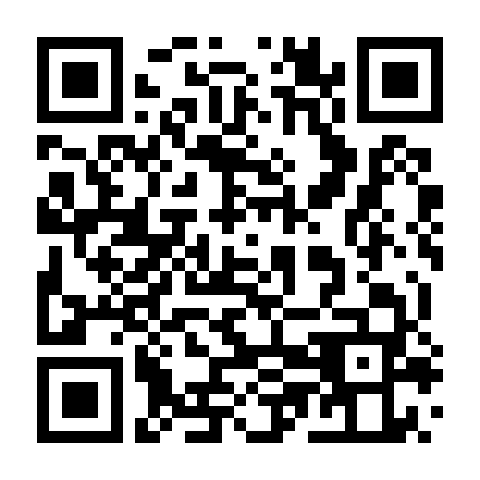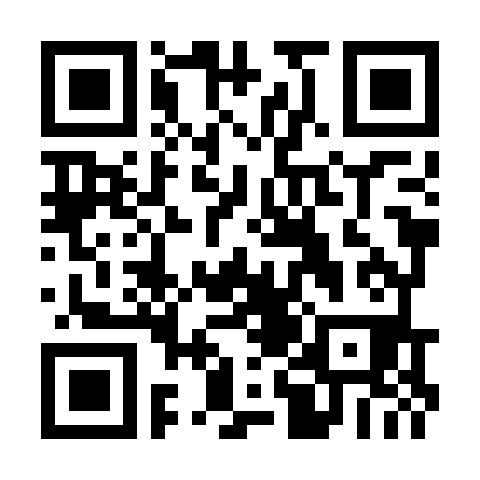dance like nobody’s watching🕺
write like nobody’s reading? ✍️
low-stakes writing, academic reflection & graduate profile capabilities; ECR workshop
2024-04-10
scan for slides

or go to link.lizabolton.com
kia ora 👋
Tēnā koutou katoa
Ko Uropi me Kanata te whakapaparanga mai (engari)
Ko Te Awamutu te whenua tupu
Ko O-tāwhao te mārae
Ko Tāmaki Makaurau te kāinga
Ko Liza taku ingoa
Tēnā tātou katoa
Liza, pronounced like: “lie” and “zuh”.
CV at a glance
education
🎓 PhD in Statistics from the University of Auckland: Longitudinal predictors of mortality inequalities in Aotearoa New Zealand
teaching statistics and data science
👩🏻🏫 Professional Teaching Fellow in the Department of Statistics at the University of Auckland (2017, 2023-)
👩🏻🏫 Assistant Professor, Teaching Stream in the Department of Statistical Sciences at the University of Toronto (2020-2023)
consulting
💼 Statistical consultant for a range of business, education and not for-profit organisations, (or as I prefer, Data Ambassador), self-employed (2013-)
scan for slides

or go to link.lizabolton.com
warm-up question
🤔 How do you think students view writing in your discipline?
THINK. [30 secs]
Consider your answer to this question.
PAIR. [2 mins]
Talk to the person next you.
SHARE.
Go to this link and write a short answer. Helpful if you could include your discipline.
Also on link.lizabolton.com page as ‘Quick, write! app’.

why write?
Passive consumption ➡️ active engagement with concepts 💡
Communication with others / knowledge translation 💬
Processing and organising information (communicating with yourself) / critical thinking 🤔
Because ________ said you have to (lecturer, boss, journal publisher, grant authority…etc.) 💼
what is low-stakes writing?
Low-stakes writing is writing where students do not feel a lot of pressure about writing — it is usually ‘low stakes’ in that it isn’t worth a lot of marks, but there are also reputational risks that students perceive when others will be reading their writing.
-
Opportunities for anonymous writing in class
- Risks of bad behaviour, but these are fairly easy to mitigate ‘live’ and also not very common in my experience — and I’ve taught large first year courses!.
-
Opportunities for writing in assessments
- To keep marking burden low, consider a fairly simple rubric that you can also share with students.
- I’d recommend not including these in timed assessments unless they are very short and students have had practice.
additional considerations
Writing may be especially daunting for English Language Learners / students for whom English is an additional language, and students who may not have adequate preparation from high school / had a long gap before university. This shouldn’t deter us from encouraging writing, and in fact is exactly why we should integrate practice and provide resources.
-
Not all students will be familiar with common instructions for writing. I’ve encountered this most from students who did not do high school in Aotearoa / recently.
- Examples include: “compare and contrast”, “describe” vs “discuss”, what it means to interpret something “in context”.
academic reflection
🎶 when will my reflection show, who i am inside?🎶
Education begins the gentleman, but reading, good company and reflection must finish him. ~John Locke
By three methods we may learn wisdom: First, by reflection, which is noblest; Second, by imitation, which is easiest; and third by experience, which is the bitterest. ~Confucius
what is academic reflection?
“Academic reflective writing requires critical and analytic thought, a clear line of argument, and the use of evidence through examples of personal experiences and thoughts and often also theoretical literature.” from the University of Edinburgh Reflection Toolkit.
“Critical reflection is the conscious examination of past experiences, thoughts and ways of doing things. Its goal is to surface learning about oneself and a situation, and to bring meaning to it in order to inform the present and the future. Reflection challenges the status quo of practice, thoughts and assumptions and may therefore inform our decisions, actions, attitudes, beliefs and understanding about ourselves.” from the University of Edinburgh Reflection Toolkit literature review
graduate profiles
🔗 Link
level 1: aspirations for University of Auckland graduates
Pūmātauranga | Scholars – Graduates are knowledgeable and curious, excited by ideas and conscientious in their efforts to understand the complexities of their communities and the world.
Aronga Raraupori | Global Citizens – Graduates are interculturally aware and connected to the peoples of New Zealand, Te Moananuiā-Kiwa (The Pacific) and our international communities. Graduates seek to make the world a fair and better place.
Kiriauaha | Innovators – Graduates are creative and inventive, building sustainably on the past to respond to current and future challenges.
Kaiarataki | Leaders – Graduates are influential, inspiring and impactful. They are inclusive, empowering and service-minded.
level 2: graduate capabilities – themes
| Themes | Capabilities |
| Waipapa Herenga Waka: The Mooring Post | People and Place |
| Waipapa ki Uta: The Landing Place | Sustainability |
| Waipapa Ngā Maunga Whakahī: Land of Proud Mountains |
Knowledge and Practice Critical Thinking Solution Seeking |
| Waipapa Tātai Hono: Ancestral Ties |
Communication Collaboration |
| Waipapa Tāngata Rau: The Place of Great People | Ethics and Professionalism |
graduate profile activity
First, (re-)familiarise yourself with the UoA Graduate Profile Capabilities.
🤔 Describe an assessment task and how all or part of it connects to one of the capabilities
THINK. [30 secs]
Consider your answer to this question.
PAIR. [2 mins]
Talk to the person next you.
example from my teaching
context
First assignment in a stage 3 statistics paper (STATS 369: Data Science Practice)
Worth 3 of 20 marks
Assignments viewed as learning tasks in preparation for test/exam where students should be aiming for 75%+
prompt
Read over the refreshed graduate capability themes, LEVEL 2: Graduate Capabilities – Themes that connects to Taumata Teitei. Choose one specific task or subtask in this assignment or in lab 01 or lab 02 and discuss how your work demonstrates ONE of these specific capabilities. Make sure you explain the capability in your own words as well as referencing the graduate profile. Assume your audience is the HR team at a potential employer for the Data Science job of your dreams. Write ~100 to 300 words. [2 marks]
What is something you’re proud of in the assignment? [0.5 marks]
What is something you’re going to do differently for the next assignment? [0.5 marks]
considerations for your grading instructions
Marks were given for reasonable effort. It should be clear which task and which capability students are connecting to in (1).
perfect is the enemy of good
Writing does not need to be perfect for full marks, but should be readable with minimal challenge. Marks for writing only lost if the grader cannot understand what is being expressed.
provide some likely examples for the graders
Examples could be their summary for Black Saber in this assessment connecting to ‘Communication’, as they are writing a summary for a non-stats audience, or ‘Solution Seeking’ — addressing issues of gender bias as they “consider multiple perspectives in their solution-seeking”, or ‘Ethics and Professionalism’ as ‘exhibiting independent thought’ is key to auditing a system.
anna fergusson 😻
The fantastic Quick, Write! app we used today was designed and built by Dr Anna Fergusson.
Read her recent TeachWell profile Stats and cats: Herding numbers in large classrooms.
Other applications to consider:
Last I checked, these both have a ‘freemium’ model, so you can trial them. Ask in your Department/Centre if there are any subscriptions already available or if they are willing to fund technology-integrated learning.
thank you! questions?
Let’s keep in touch.
references
Low-stakes writing assignments from the University of Waterloo Centre for Teaching Excellence
Integrating Low-Stakes Writing Into Large Classes from the University of Michigan Sweetland Center for Writing
Reflection toolkit from the University of Edinburgh
image reference
Title photo by Pawel Czerwinski on Unsplash
